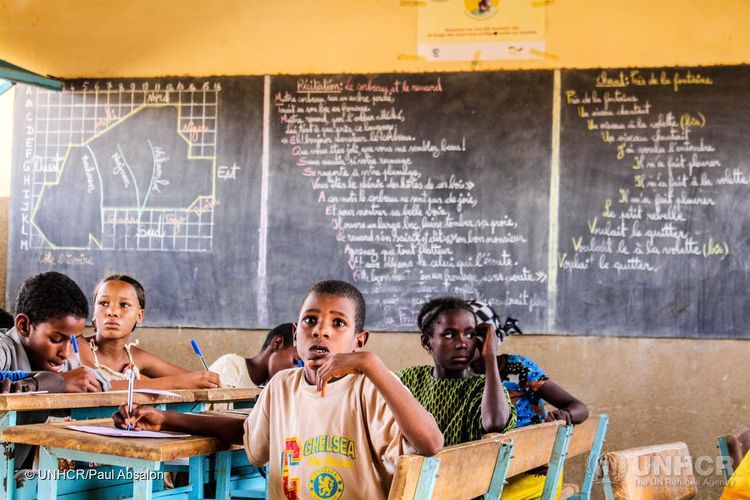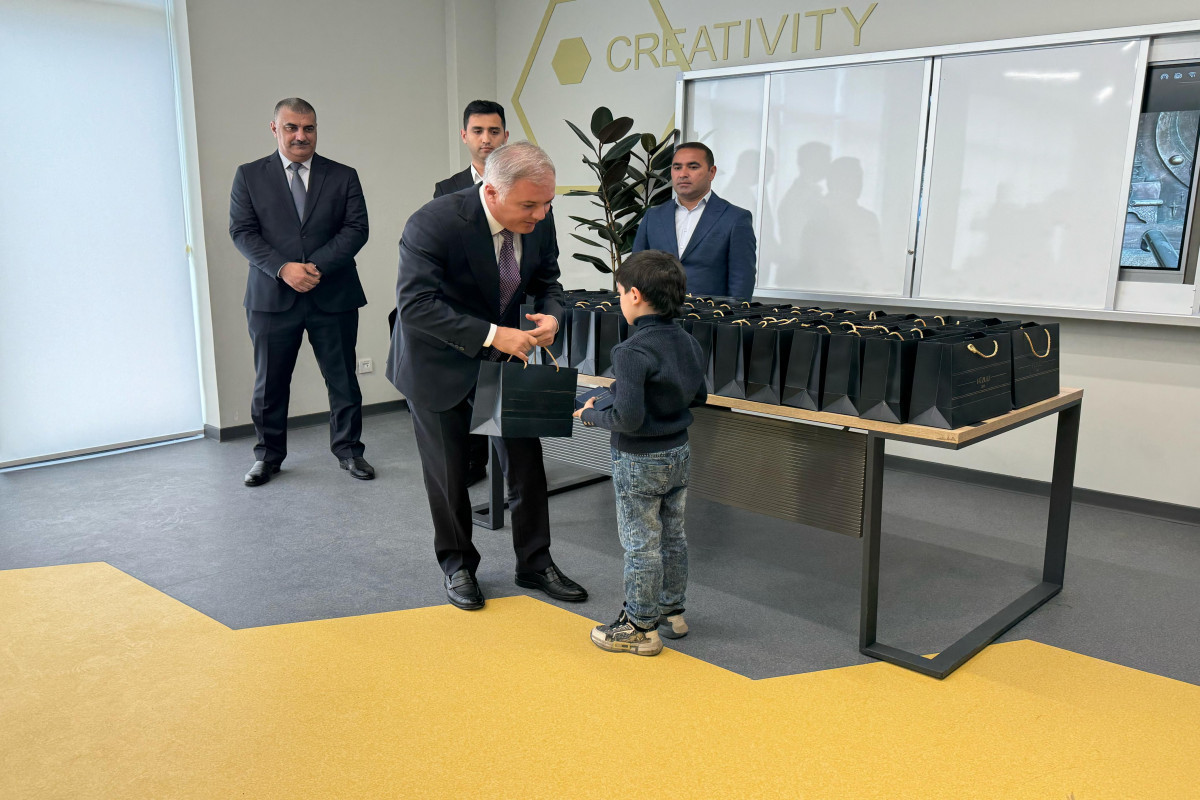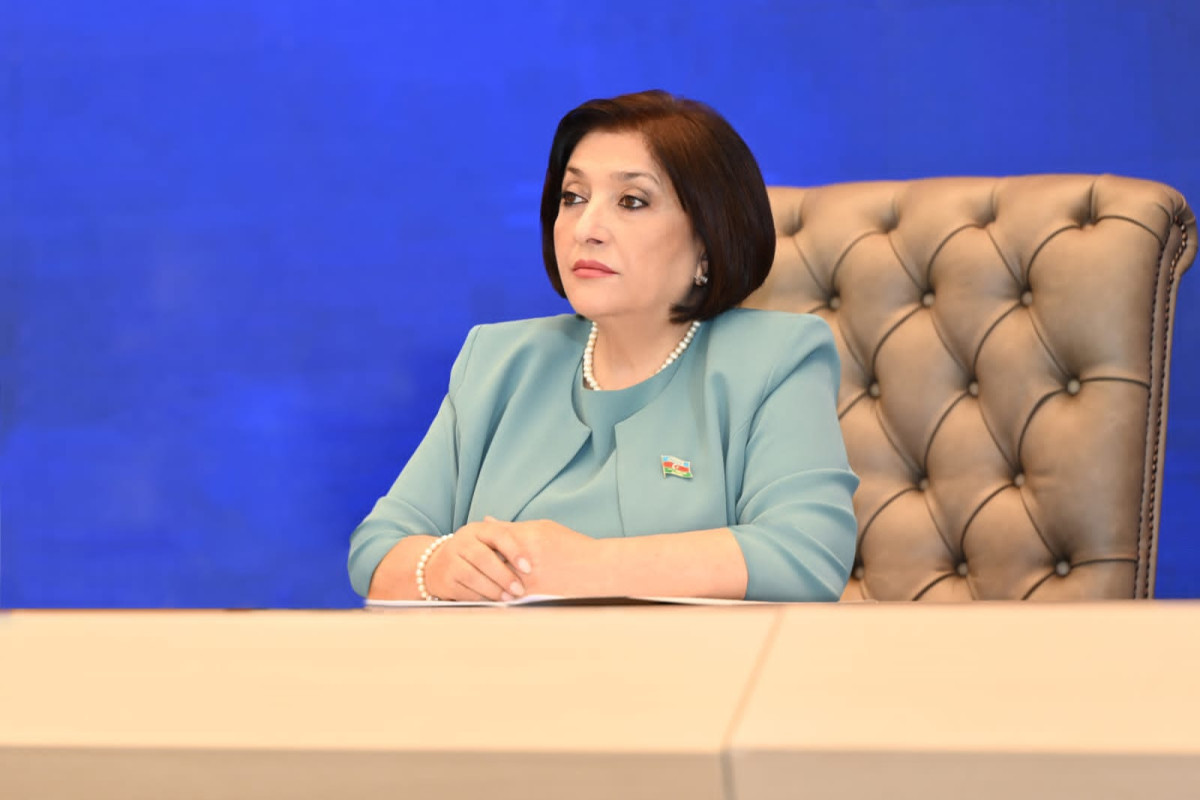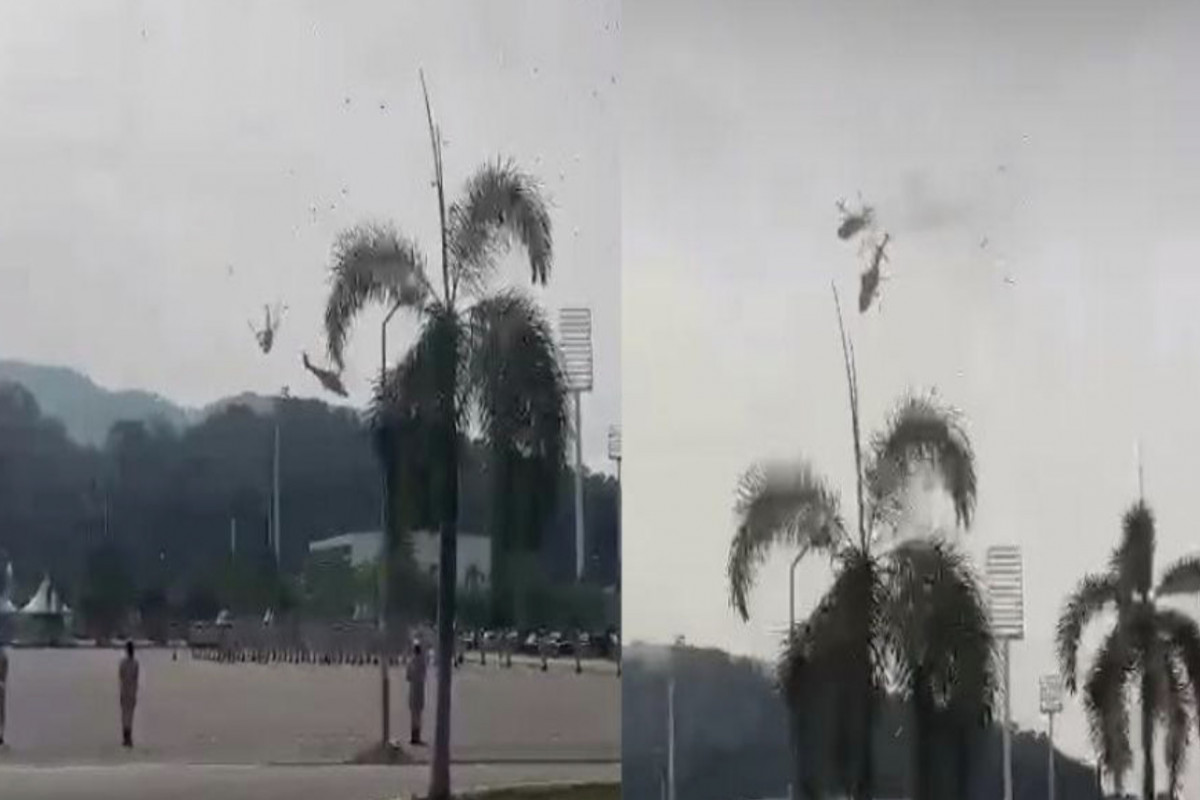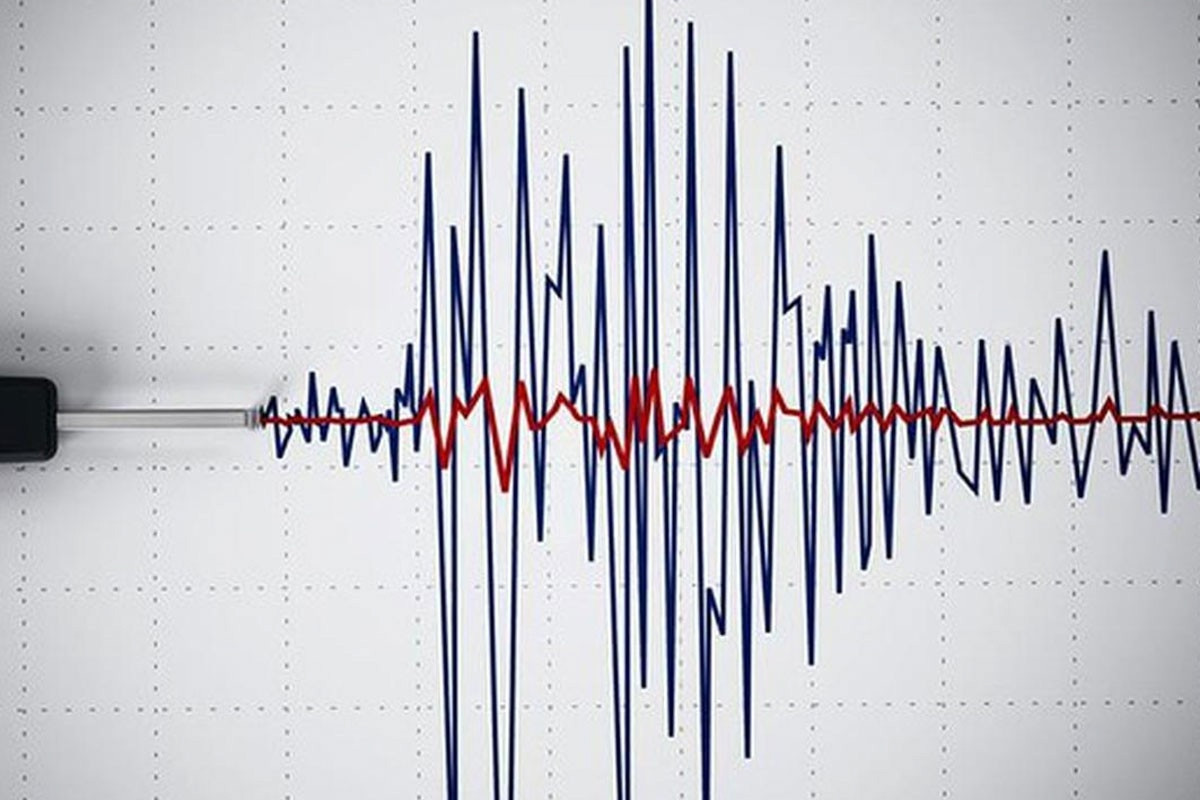The UN Refugee Agency, predicts that unless immediate and bold action is taken by the international community to beat back the catastrophic effects of COVID-19 on refugee education, the potential of millions of young refugees living in some of the world’s most vulnerable communities will be further threatened. The data in the report is based on the gross enrolment figures from the 2019 school cycle, in a report released today, titled “Coming Together for Refugee Education,” UNHCR, APA reports.
While children in every country have struggled with the impact of COVID-19 on their education, the report finds that refugee children have been particularly disadvantaged. Before the pandemic, a refugee child was twice as likely to be out of school as a non-refugee child. This is set to worsen – many may not have opportunities to resume their studies due to school closures, difficulties affording fees, uniforms or books, lack of access to technologies or because they are being required to work to support their families.
“Half of the world’s refugee children were already out of school,” said Filippo Grandi, UN High Commissioner for Refugees. “After everything they have endured, we cannot rob them of their futures by denying them an education today. Despite the enormous challenges posed by the pandemic, with greater international support to refugees and their host communities, we can expand innovative ways to protect the critical gains made in refugee education over the past years.”
Without greater support, steady, hard-won increases in school, university, and technical and vocational education enrolment could be reversed – in some cases permanently - potentially jeopardizing efforts to achieve Sustainable Development Goal 4 of ensuring inclusive and equitable quality education for all.
The 2019 data in the report is based on reporting from twelve countries hosting more than half of the world’s refugee children. While there is 77% gross enrolment in primary school, only 31% of youth are enrolled in secondary school. At the level of higher education, only 3% of refugee youth are enrolled.
Far behind global averages, these statistics nevertheless do represent progress. Enrolment in secondary education rose with tens of thousands of refugee children newly attending school; a 2% increase in 2019 alone. However, the COVID-19 pandemic now threatens to undo this and other crucial advances. For refugee girls, the threat is particularly grave.
Adapting to the limitations imposed by COVID-19 has been especially tough for the 85% of the world’s refugees who live in developing or least developed countries. Mobile phones, tablets, laptops, connectivity, even radio sets are often not readily available to displaced communities.
UNHCR, governments, and partners are working tirelessly to bridge critical gaps and ensure the continuity of refugee education during the pandemic through connected learning, television and radio, and by supporting teachers and caregivers to engage with students while observing health guidelines.
The report calls on governments, the private sector, civil society and other key stakeholders to join forces to find solutions which strengthen national education systems and link with pathways towards certified education, and to secure and safeguard education financing. Without such action, the report warns, we risk a lost generation of refugee children deprived of their education.
The risks to refugee education do not stop with COVID-19. Attacks on schools are a grim and growing reality. The report focuses on Africa’s Sahel region where violence has forced the closure of more than 2,500 schools affecting the education of 350,000 students.


